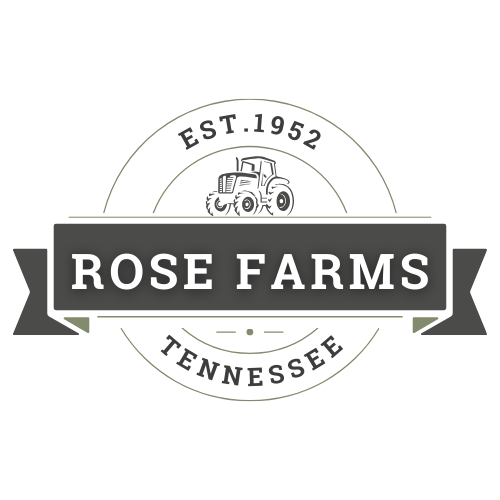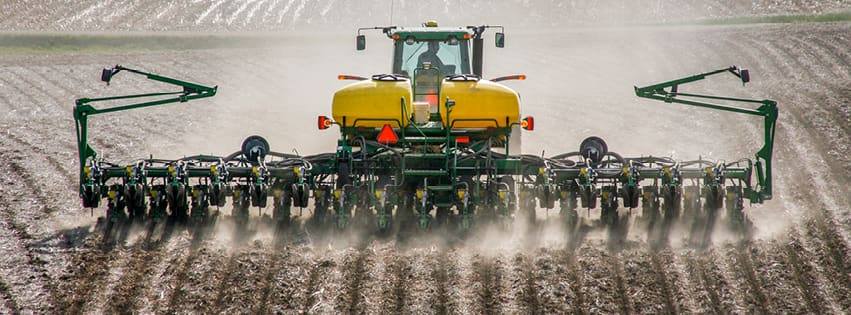Several weeks ago, we had a conversation with my grandfather reflecting on the history of our family farm. He reminisced about the trials and triumphs of farming in the 1980s, as he shared stories of high interest rates, dry conditions, and the unforgettable drought of 1988. Amidst our conversation he mentioned a term that struck a chord with me: no-till farming. Yes, I’d heard the word before but his emphasis on its pivotal role in the farm’s history made me pause and reflect.
What is No-Till Farming?
So, what is no-till farming? It is an agricultural practice where crops are grown without disturbing the soil through tillage operations like plowing. Basically, farmers plant their seeds directly into untilled soil, leaving the previous year’s crop residues on the field surface. The goal is to preserve soil health and foster sustainability – a concept ingrained in the timeless wisdom passed down through generations of farmers.
What I’ve realized about farmers is they have a core of wisdom aligned with principles of stewardship – a responsibility to care for the land and its resources. While the Bible doesn’t explicitly mention no-till farming, its teachings of stewardship, conservation, and sustainable land management resonate deeply with this practice.
The Silent Crisis Beneath Our Feet:
Just like we need clean water and fresh air to stay alive, farmable soil is vital to our survival for food – and we’re destroying it in mass quantities. According to geologist David Montgomery, author of Dirt: The Erosion of Civilizations, the world loses roughly 23 billion tons of good soil each year. If things continue at that rate, we’ll lose all the fertile soil in about 150 years, unless farmers use methods to restore soil health.
The Evolution of No-Till Farming:
Interests in no-till farming increased in the 1930s after the Dust Bowl, when severe drought conditions across most of America’s farmlands led to a widespread agricultural depression. However, it wasn’t until the 1980s that it gained momentum when the 1985 Farm Bill was passed, and federal government subsidies of soil conservation were offered to motivate farmers to try no-till farming. It’s been on the rise ever since.
My grandfather vividly recalls the tough transition period in the 1980s, where conventional farming initially outperformed the no-till method. When we attempted no-till farming, we faced challenges due to the lack of advanced equipment, and manufacturers weren’t prepared for it at the time. However, through perseverance and dedication the benefits of no-till farming eventually outweighed its challenges. He calls it longevity!
No-Till Farming in the Modern Era:
Today, our farm stands as a testament to the success of no-till farming. We’ve witnessed firsthand its ability to preserve soil structure, enhance microbial activity, and reduce runoffs – all while promoting biodiversity and sustainability. Along with environmental benefits, no-till farming can lead to cost savings for farmers since it reduces the need for fuel, labor, and equipment associated with tillage or conventional operations. At Rose Farms, over 90% of our acres are no-till production. While some farms have been no-tilled for over 30+ years.
However, let’s be clear: no-till farming isn’t a cure-all solution (such a thing doesn’t exist in agriculture). It’s just one piece of the puzzle in the larger vision of sustainable farming. From organic farming to more innovative techniques, diversity is key to agriculture. It’s a step in the right direction though as the world faces population growth, environmental degradation, rising energy costs, climate change, and many other challenges.
A Harvest of Wisdom: Preserving the Legacy of Stewardship
As we journey through the changing world of farming, let’s remember the lessons passed down by those before us. Leviticus 25:23 reminds us, the land is not merely a commodity to be traded but a precious inheritance to be cherished and preserved. This blog celebrates the timeless wisdom of farming stewardship and the importance of leaving the land better than we found it.

